ABOUT
I write about Disneyland, diaspora, doppelgängers, globalization, Tamil poetry, the Trans- Siberian railroad, church and state, coloniality, conceptual art, house music undergrounds, aspirationally B-movies, and Yellow Magic Orchestra. My essays and cultural criticism appear in publications like The Washington Post, n+1, The Baffler, The Point, The Believer, frieze, BOMB, The Georgia Review, and others. I’m interested in associative connections between social theory and the textures of everyday life.
I’m currently working on essay collection called Original Copy, about masks, doubles, proxies, and colonial mimicry as well as the politics of representation.
Among things that move me: Third World Feminisms, psychoanalysis, Asian diaspora, food’s relationship to power, slow contemplative cinema, religious practice, snippets of poetry, 70s and 80s global funk, existentialism, water, and the nature of representation in politics and in art (esp lens-based and conceptual).
I’m currently an Assistant Professor in philosophy at Vassar College.
In a previous slice of this life, I did a Fulbright in Vladivostok, Russia (и постаянно скучаю по русскому языку), and graduated with degrees from Columbia, Oxford and Princeton. These days, I live in New York.
You can email me at: <shivani[dot] radhakrishnan [at] gmail [dot] com >
I tweeted, occasionally, from @shivnotshank.
October 2024
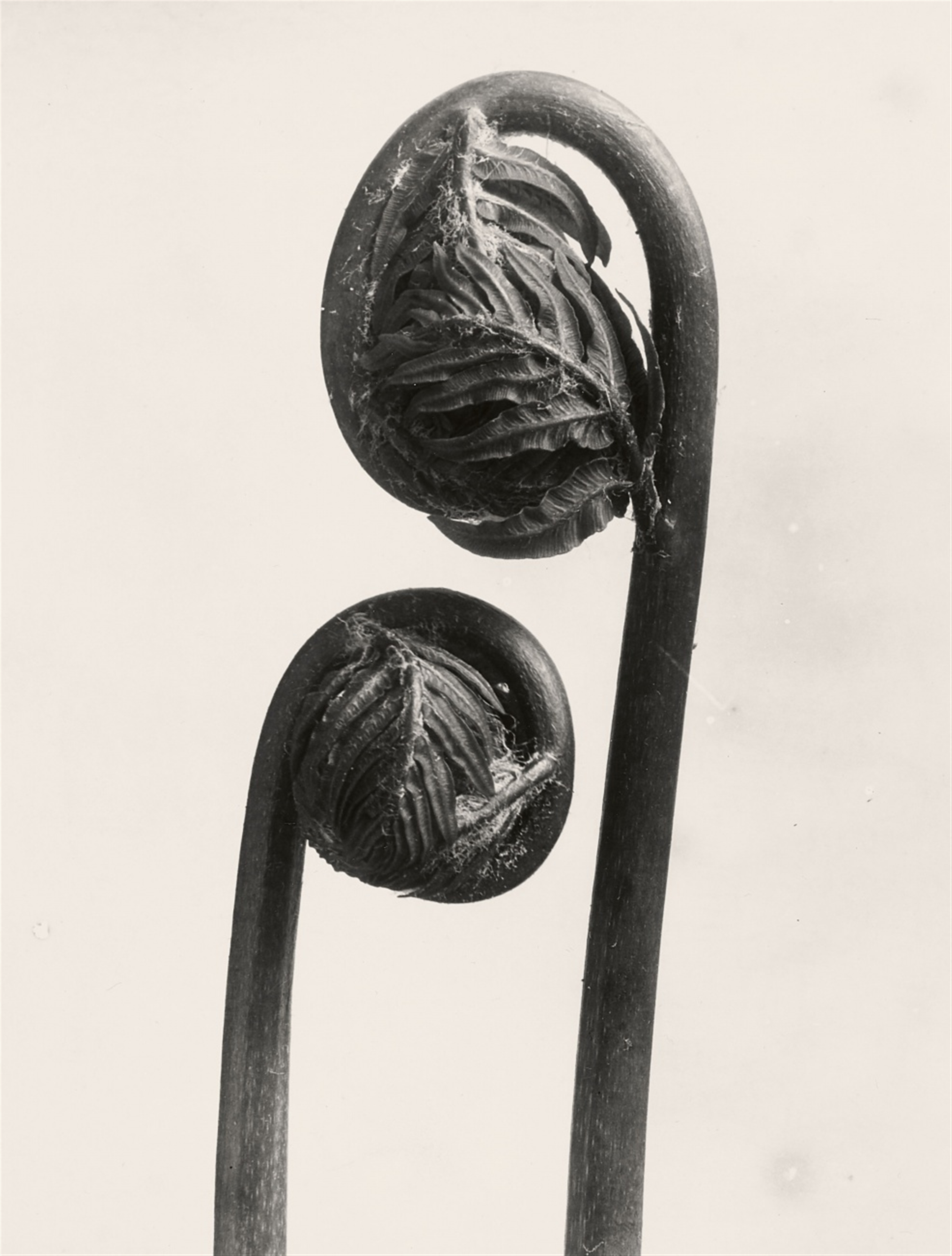
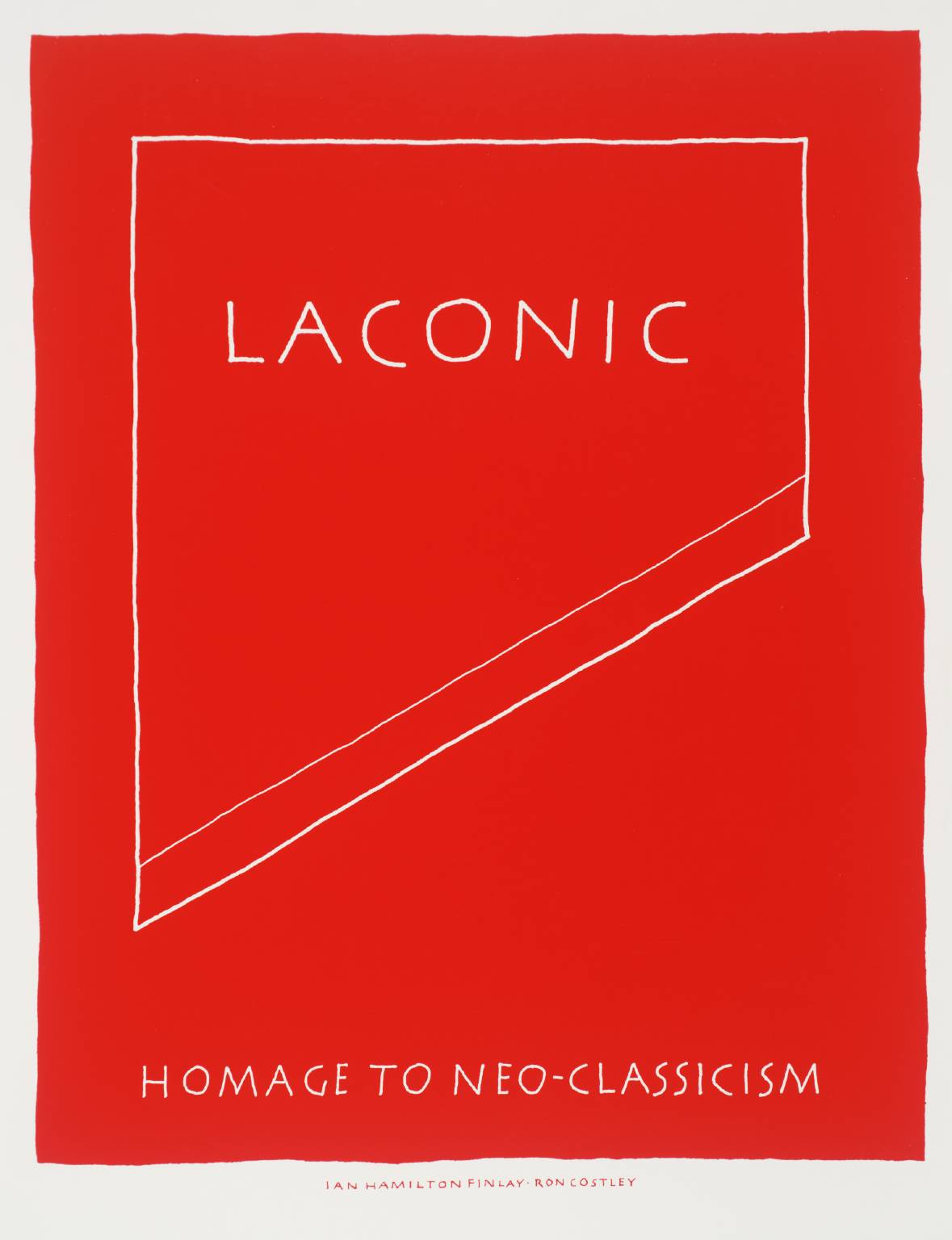
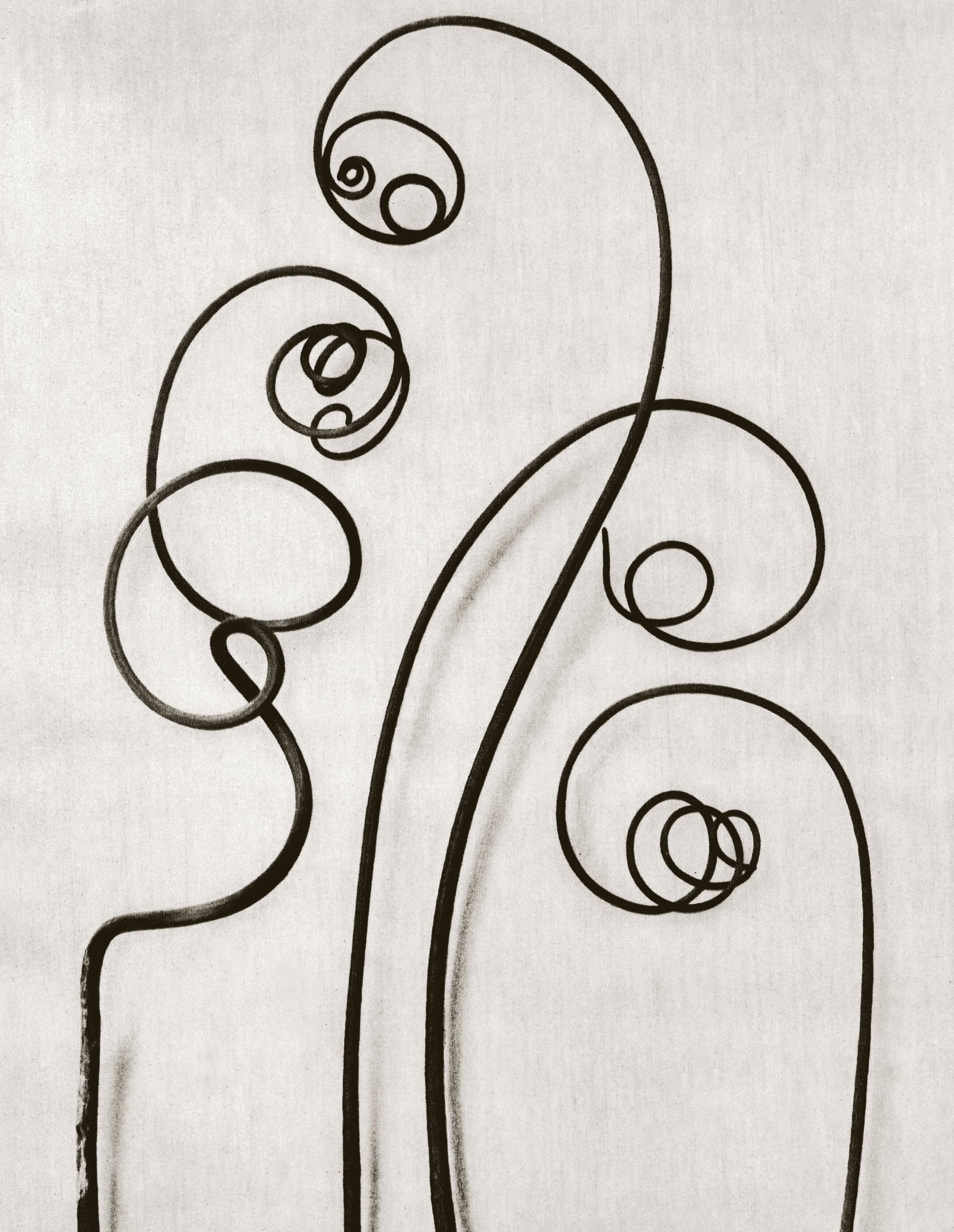
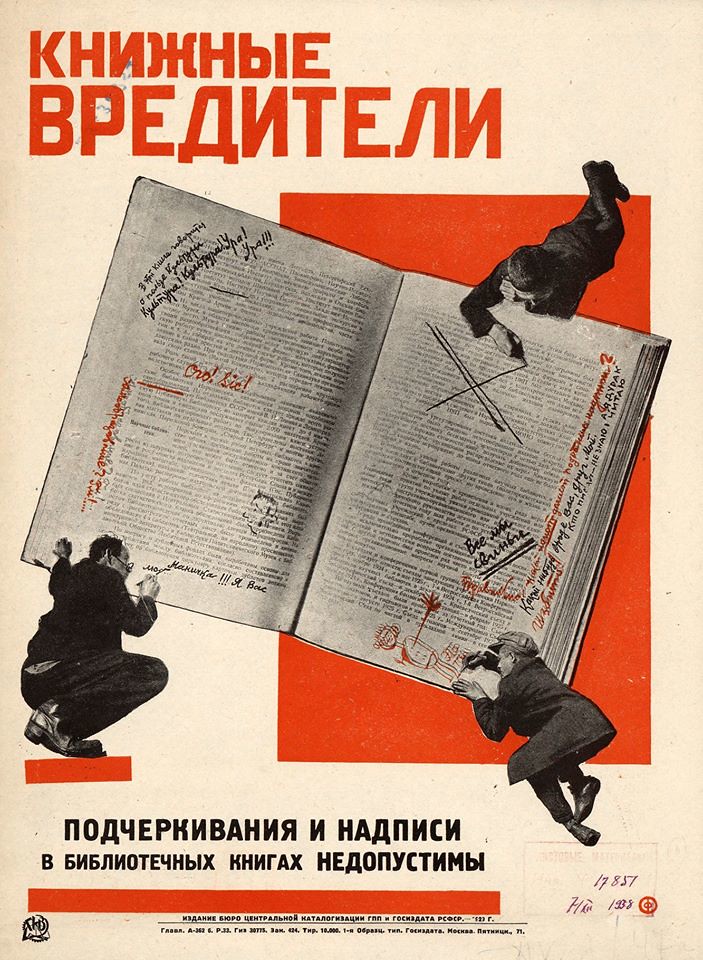

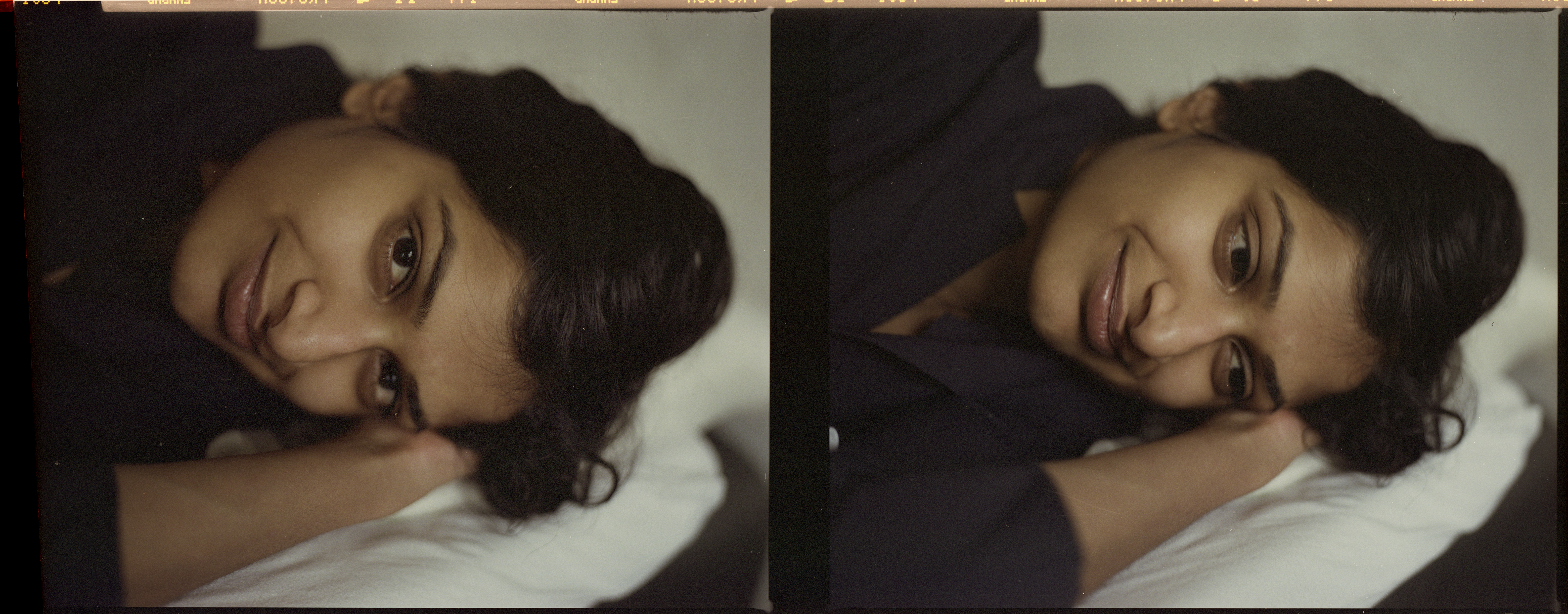
Writing in the feminine. And on a colored sky. How do you inscribe difference without bursting into a series of euphoric narcissistic accounts of yourself and your kind? Without indulging in a marketable romanticism or a naive whining about your condition? In other words, how do you forget without annihilating? Between the twin chasms of navel-gazing and navel-erasing, the ground is narrow and slippery.
- Trinh Minh-ha, Woman, Native, Other
My research explores how individual and social subjects come into being, focusing on the economic conditions under which this all happens. I’m interested in bringing together the structural and psychological aspects of subject formation, thinking about coloniality and gender in critical theoretical encounters, and better understanding the ways neoliberalism is involved with both.